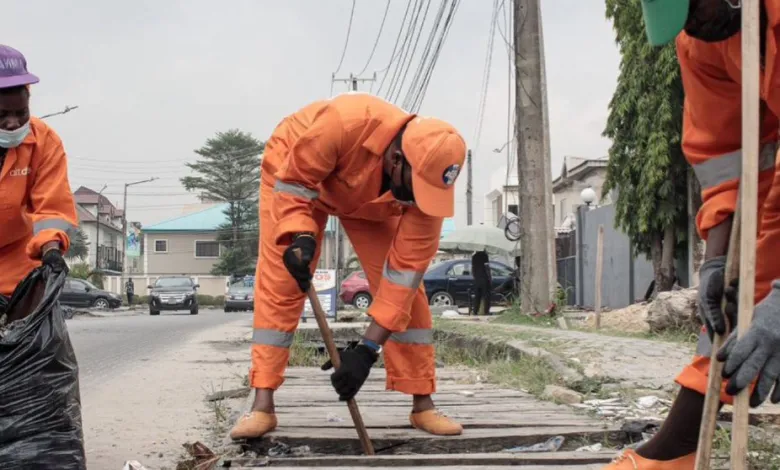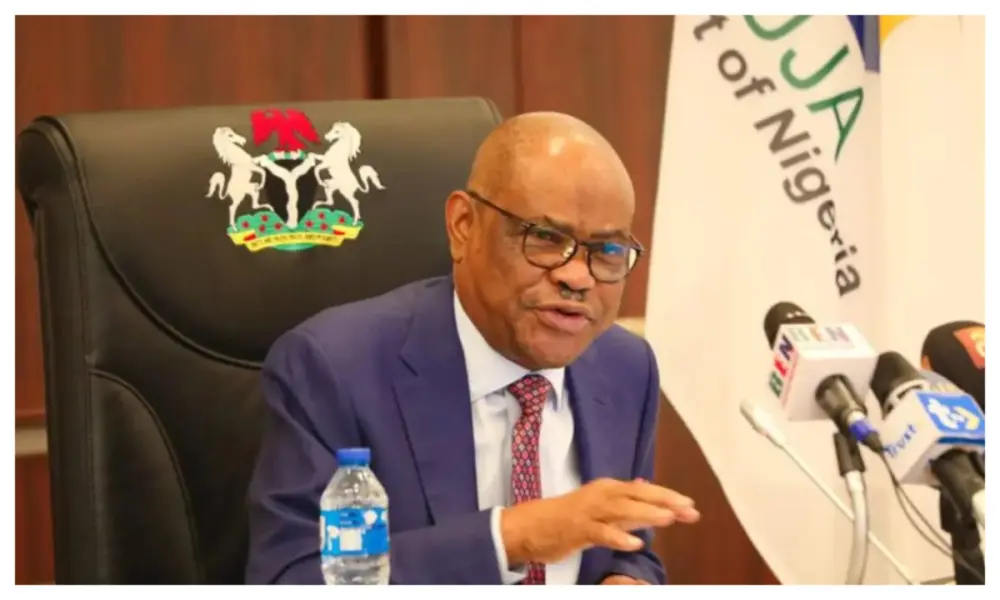The recent wave of criticism targeting Lagos State’s environmental efforts is not only misleading but dismissive of the substantial work being done to transform the city. It is one thing to critique; it is another to acknowledge real progress. A recent statement from Mr. Gbadebo Rhodes-Vivour portrays Lagos as an environmental disaster, suggesting that the state has failed in waste management, sanitation, and urban cleanliness. However, such a narrative is both inaccurate and ignores the verifiable, strategic reforms implemented under Governor Babajide Sanwo-Olu, particularly through the Ministry of the Environment and Water Resources led by Commissioner Tokunbo Wahab.
Lagos generates over 13,000 tonnes of waste daily, the highest of any city in West Africa. Managing such an immense volume of waste requires more than ad hoc suggestions; it demands structured policies and consistent enforcement. Unlike those who claim the solution is as simple as sweeping the streets, the government has implemented a comprehensive waste management strategy. LAWMA ensures daily waste collection across all 57 local council development areas, while tricycle compactors have been deployed to service hard-to-reach areas. Recognizing the need for long-term solutions, the government is transitioning from landfill dependency to a structured recycling and waste-to-energy system.
In a bold step towards modernizing waste disposal, the government has signed Memoranda of Understanding (MoUs) to decommission the Olusosun and Akesan landfills. These closures are pivotal to mitigating environmental hazards and promoting sustainable urban living. In addition, a waste-to-energy power plant in Epe is being developed to process 2,500 tonnes of waste daily, generating 80 megawatts of electricity, further revolutionizing the state’s waste disposal system. Beyond this, partnerships with international firms such as Jospong Group, Lafarge, and Harvest Waste are ensuring improved recycling, plastic-to-fuel conversion, and electronic waste management. These are concrete steps towards a cleaner Lagos, not empty rhetoric.
Public sanitation is another area where significant progress has been made. Over 1,700 public toilets have been established across transport hubs and informal settlements, complemented by Modular Septage Pre-Treatment Plants (MSPP) to ensure proper fecal sludge treatment. The Lagos Wastewater Management Office monitors more than 300 private wastewater treatment plants, ensuring they adhere to sanitation regulations. The state’s Water, Sanitation, and Hygiene (WASH) policy underscores a structured approach to sanitation management, ensuring financial and environmental sustainability. Moreover, existing public facilities are undergoing extensive refurbishments, reflecting a holistic approach to improving hygiene standards across Lagos.



